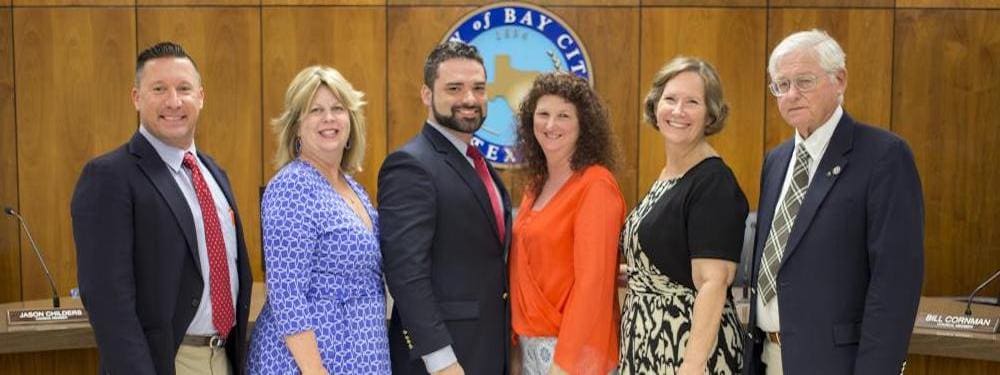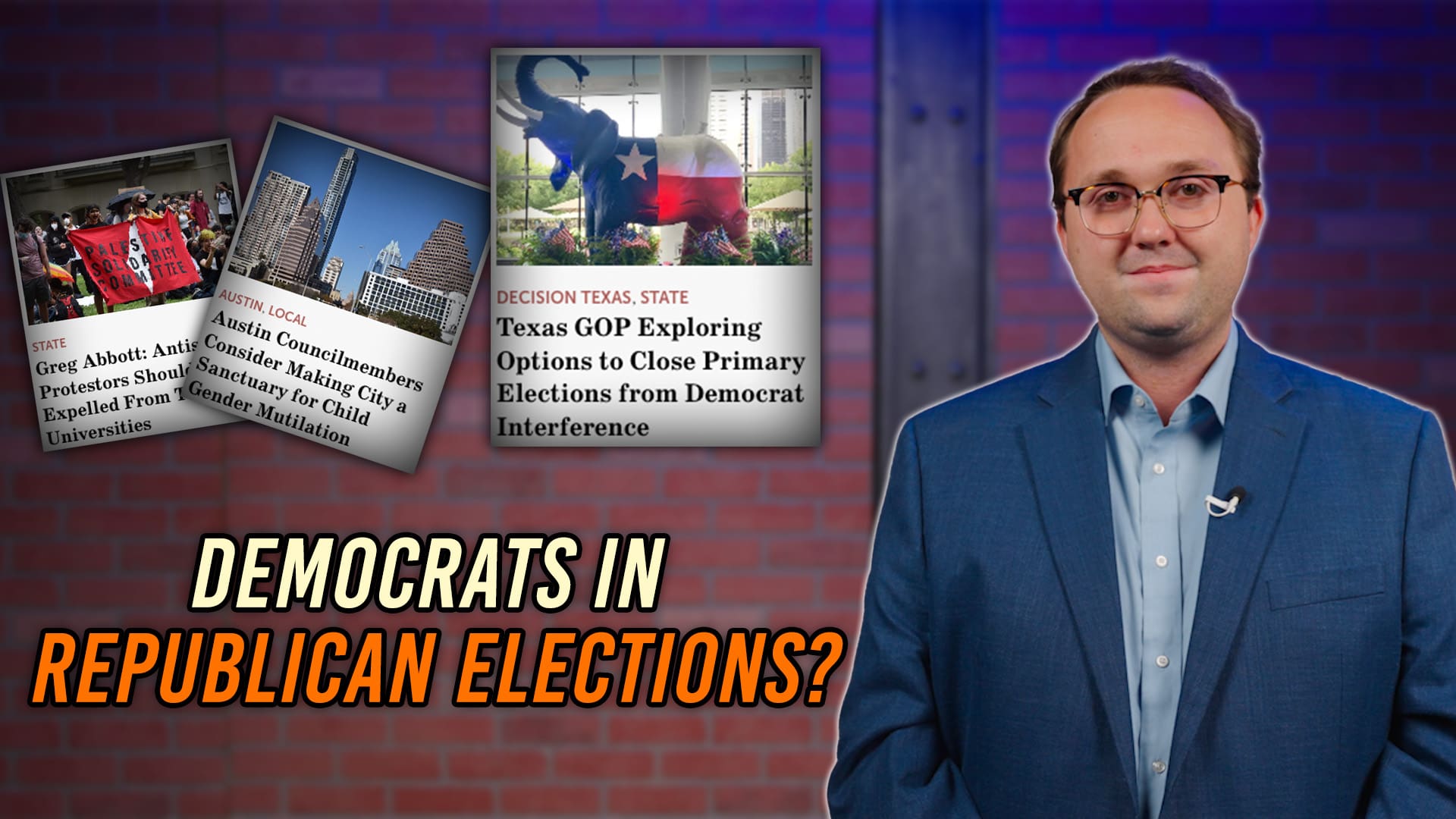A local mayor is illegally voting on matters before council, disregards public votes on charter changes, and is violating the city’s term limits law, according to a lawsuit filed in Matagorda County against the city’s mayor and council members in place one and two.
The petition is asking the court for an emergency declaration forcing Mark Bricker, Mayor of Bay City; Julie Estlinbaum, Council Place 1; Bill Cornman, Place 2, to immediately cease actions that are in violation of the city’s charter.
The first request is for the court to prohibit Bricker from casting votes on council items unless it is to break a tie. The city charter’s section granting powers to the mayor says, “The Mayor shall only be entitled to vote in the case of a tie,” though residents are claiming that isn’t happening. They allege the charter was changed “without any constitutional or legal authority whatsoever” to allow the mayor to cast votes the same as council members.
The suit also seeks relief to prevent Estlinbaum (Place 1) and Cornman (Place 2) from casting votes after May 31, 2018, the last day of their third term in office.
Despite the charter saying, “No Councilmember shall be elected to serve for more than three consecutive two-year terms,” the city’s website states that both councilmembers are currently serving their third terms and will begin their fourth in June.
In 2013, voters placed term limits on Bay City council members limiting them to three consecutive terms. Residents claim that the ballot language led them to believe that the change would apply to council members currently serving. The disagreement came when two would-be term-limited council members claimed that they are not term-limited as the charter change was only prospective, not retrospective.
The situation is similar to the one in the City of Houston only in the sense that voters elected to change the charter in regard to term limits. Houston’s voters chose to move from three two-year terms to two four-year terms. Unlike Bay City council members, however, Houston council members did not argue that the change in charter automatically reset their council tenure.
Bay City’s mayor and council sought an opinion from the City Attorney’s office on whether the charter change applies retroactively, unsurprisingly siding with the city saying,
“Without expressed language in the Charter stating that term limits are to be applied retroactively, the above-city Brown and Hall cases and Tex. Gov’t Code Section 311.022, demonstrate that retroactive application should not be inferred; as Sections 3.03 and 4.01 should be ‘strictly construed against ineligibility.’”
The questions at hand are straightforward; should a change to a city’s charter regarding term limits apply retroactively? According to the way Houston is operating after it’s change, it would seem the answer is yes.
The second is whether a strong-mayor form of government provides the mayor enough power to unilaterally change a city’s charter giving themselves the power to cast votes as council members do? One would assume the answer is “no,” but that decision is now up to a Matagorda court.
Texas Scorecard reached out to Mayor Mark Bricker but did not receive response by time of publication.




